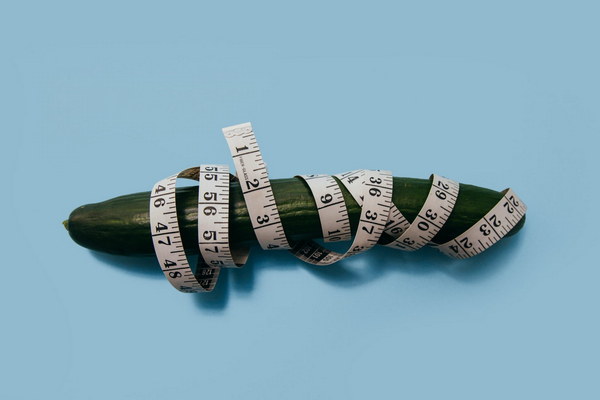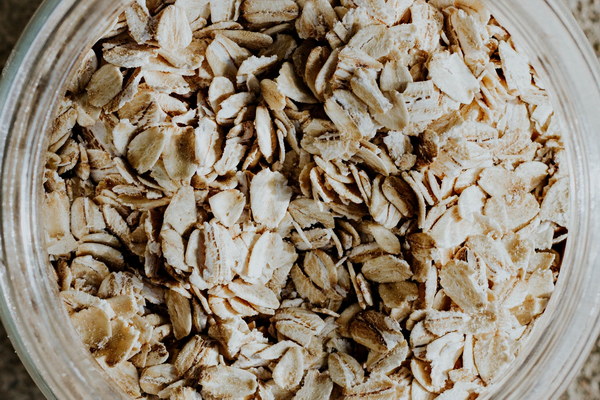Maximizing Kidney Health Daily Practices for Optimal Wellbeing
Introduction:
Kidney health is crucial for overall well-being and longevity. The kidneys filter waste products from the blood, maintain fluid balance, and regulate blood pressure. While medical treatments and medications can help, incorporating daily practices into your routine can enhance kidney function and prevent kidney-related issues. In this article, we will explore various daily practices that can contribute to optimal kidney health.
1. Stay Hydrated:

Proper hydration is essential for kidney function. Drinking enough water helps flush out toxins and waste products from the kidneys. Aim to drink at least 8 glasses of water per day, and increase your intake during hot weather or when you engage in physical activity.
2. Limit Sodium Intake:
Excessive sodium intake can lead to high blood pressure, which is a risk factor for kidney disease. Reduce your sodium intake by avoiding processed foods, adding salt to your meals, and using herbs and spices for flavor instead.
3. Eat a Balanced Diet:
A balanced diet rich in fruits, vegetables, whole grains, and lean proteins is beneficial for kidney health. Incorporate kidney-friendly foods such as bananas, apples, oranges, leafy greens, nuts, and lean meats into your meals. Avoid high-potassium foods like bananas, oranges, and potatoes if you have kidney problems.
4. Exercise Regularly:
Regular physical activity can help control blood pressure, improve cardiovascular health, and maintain a healthy weight, all of which are important for kidney health. Aim for at least 150 minutes of moderate aerobic exercise or 75 minutes of vigorous exercise per week, along with muscle-strengthening activities.
5. Avoid Smoking and Limit Alcohol:
Smoking and excessive alcohol consumption can damage the kidneys and increase the risk of kidney disease. Quitting smoking and limiting alcohol intake can significantly improve kidney health.
6. Manage Chronic Conditions:
Chronic conditions such as diabetes, hypertension, and cardiovascular disease can contribute to kidney damage. It is crucial to manage these conditions effectively by following your doctor's advice, taking medications as prescribed, and maintaining a healthy lifestyle.
7. Get Regular Check-ups:
Regular kidney function tests can help detect kidney disease early, allowing for timely intervention and treatment. Consult with your healthcare provider to determine the appropriate frequency of these tests based on your health status and risk factors.
8. Practice Stress Management:
Stress can have negative effects on the kidneys, so it's important to manage stress effectively. Engage in relaxation techniques such as meditation, deep breathing exercises, yoga, or spending time in nature to reduce stress levels.
Conclusion:
Taking care of your kidneys is essential for maintaining overall health and well-being. By incorporating these daily practices into your routine, you can enhance kidney function, reduce the risk of kidney disease, and enjoy a healthier life. Remember, it's never too late to start taking care of your kidneys, so make these practices a part of your daily life.









